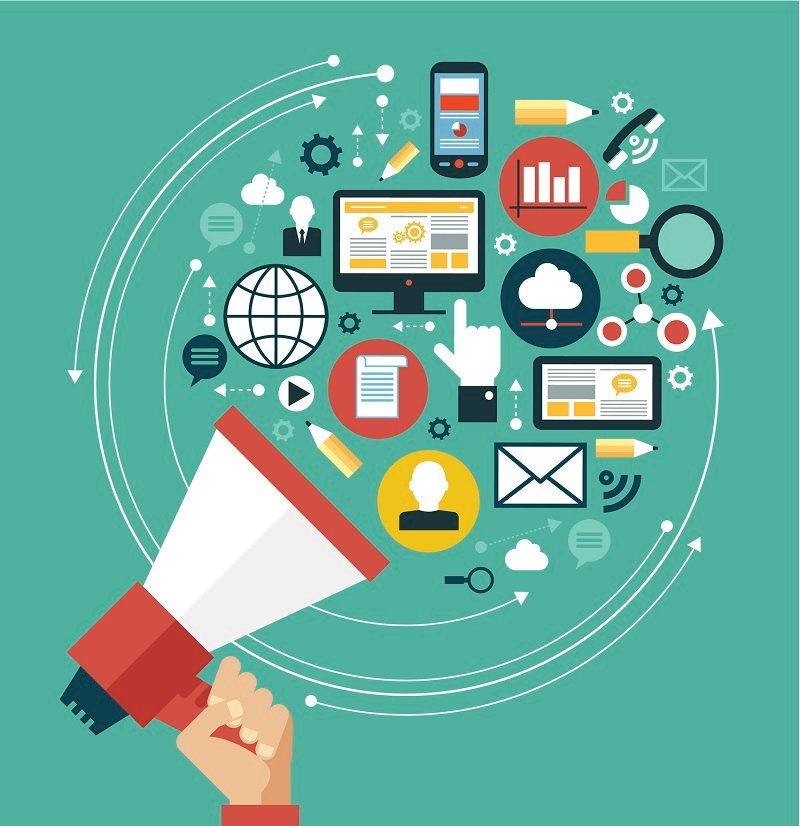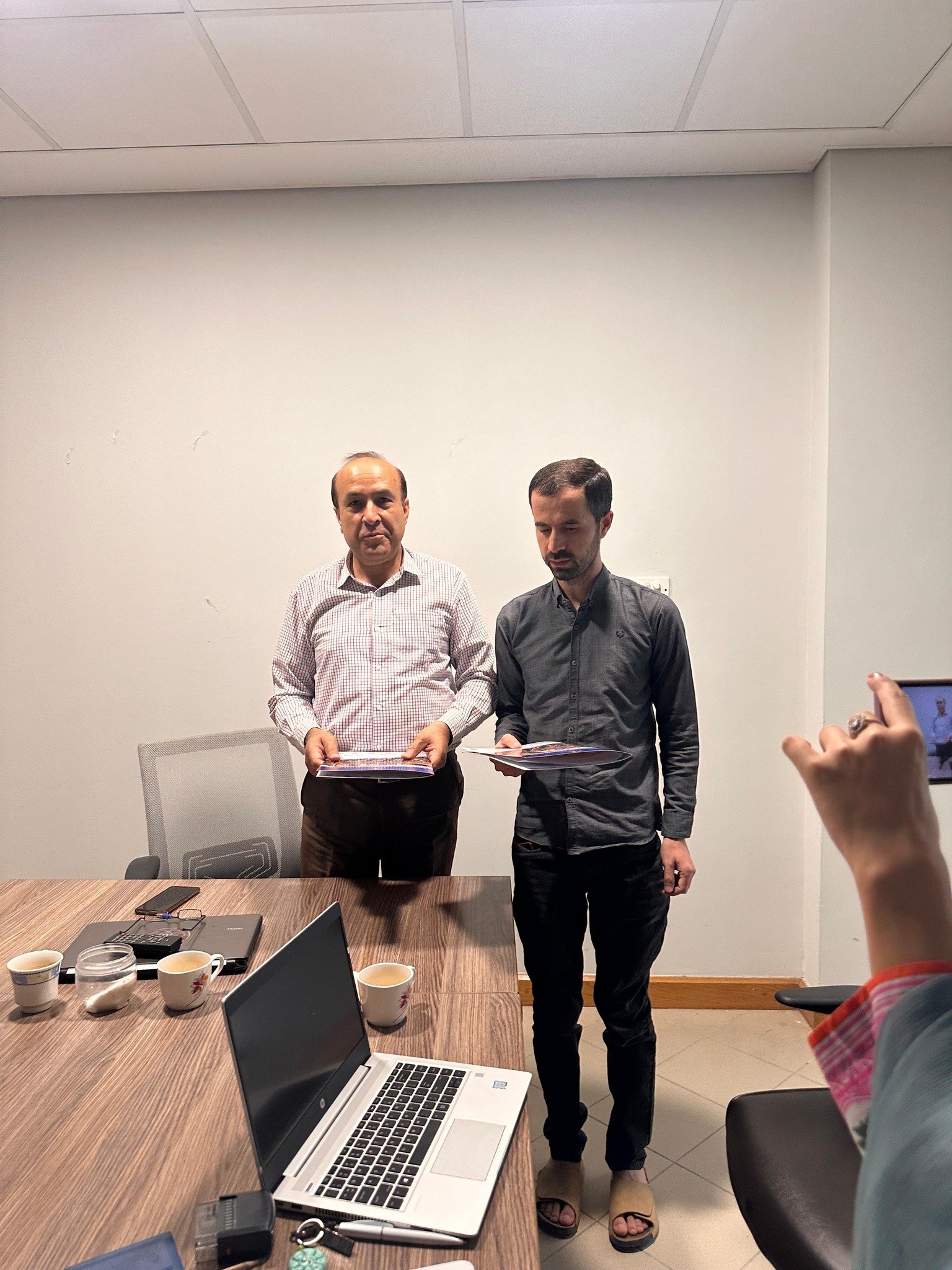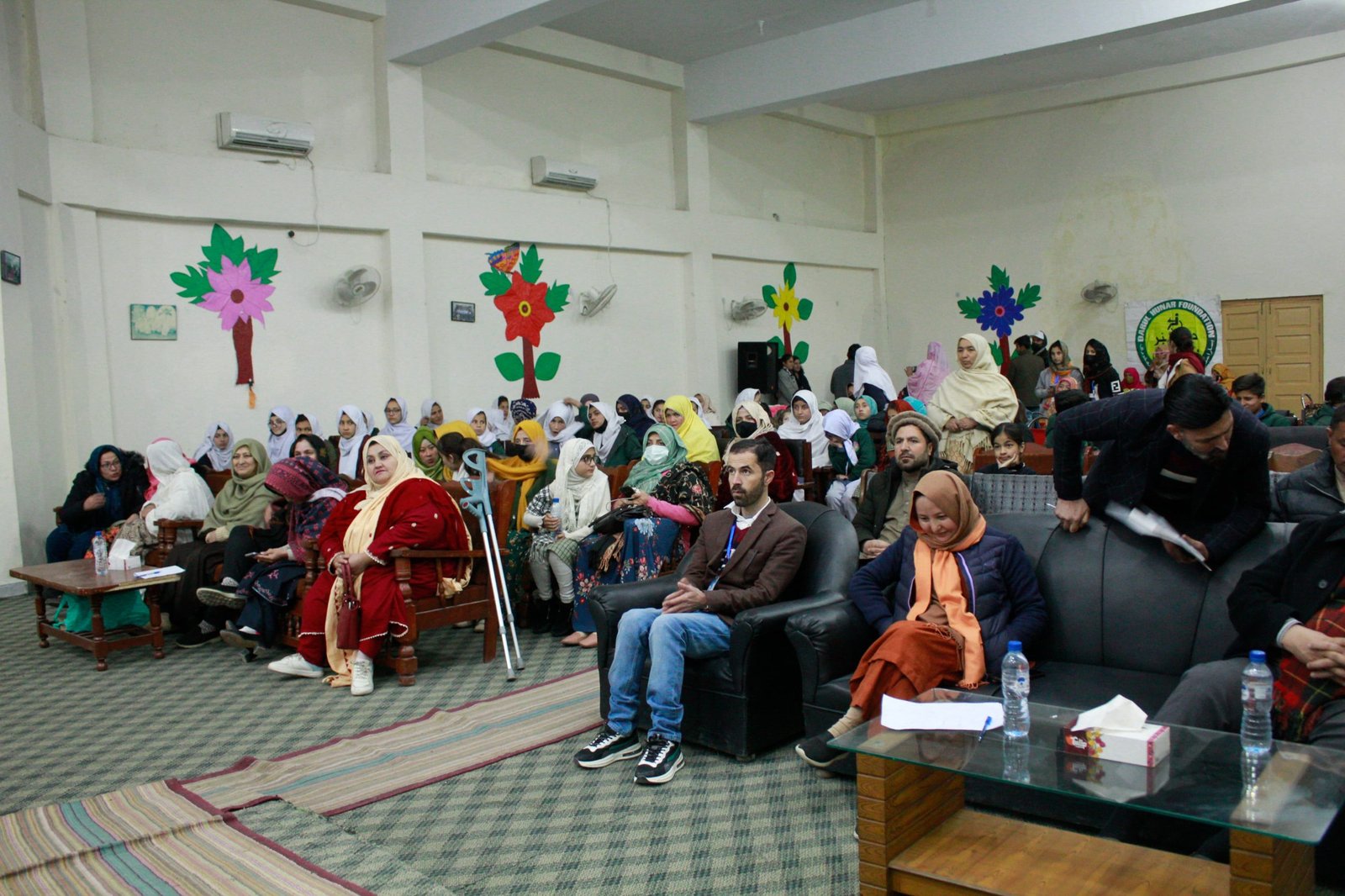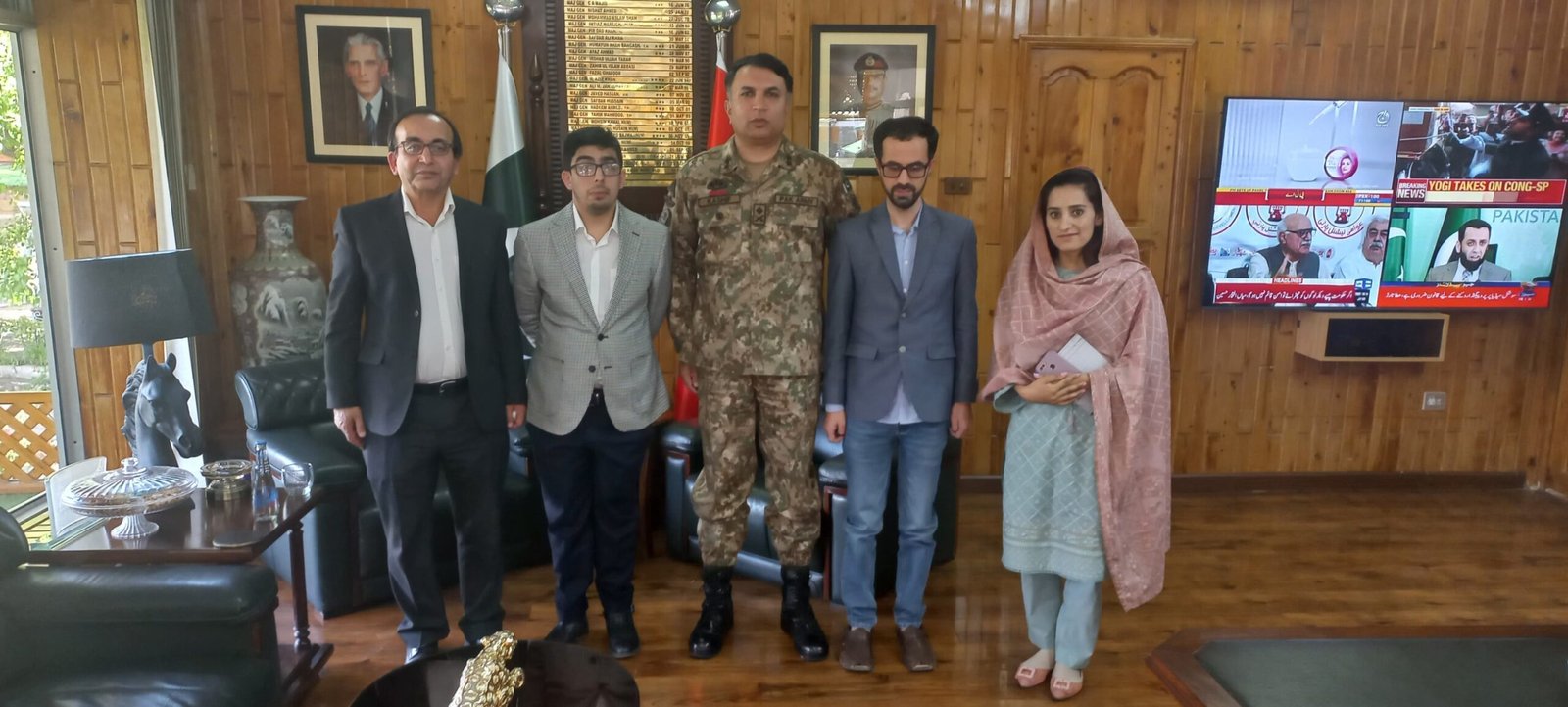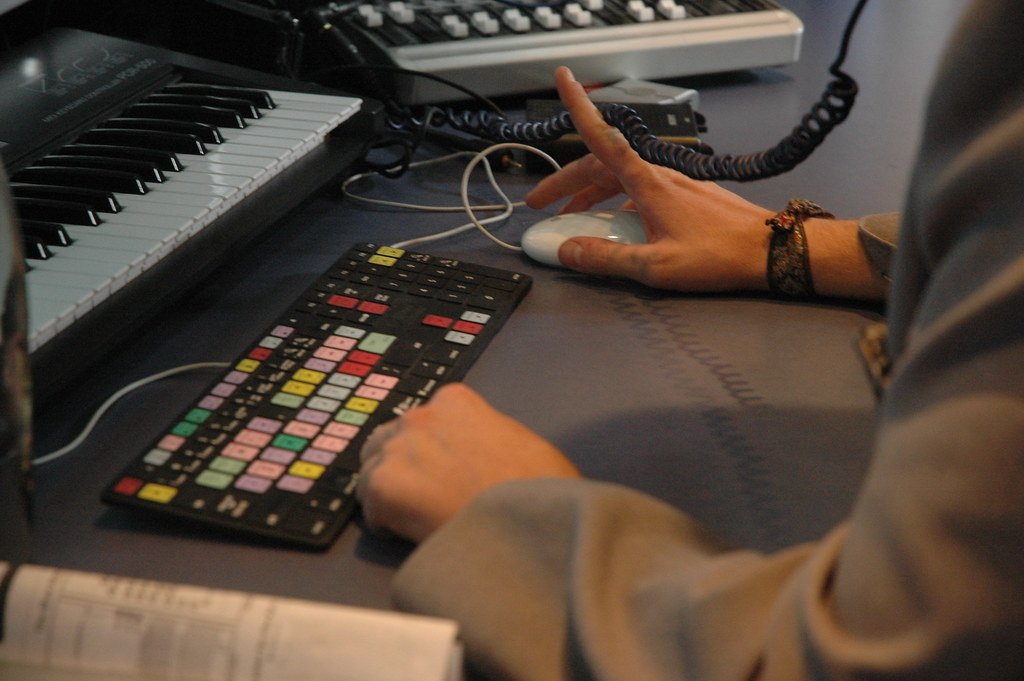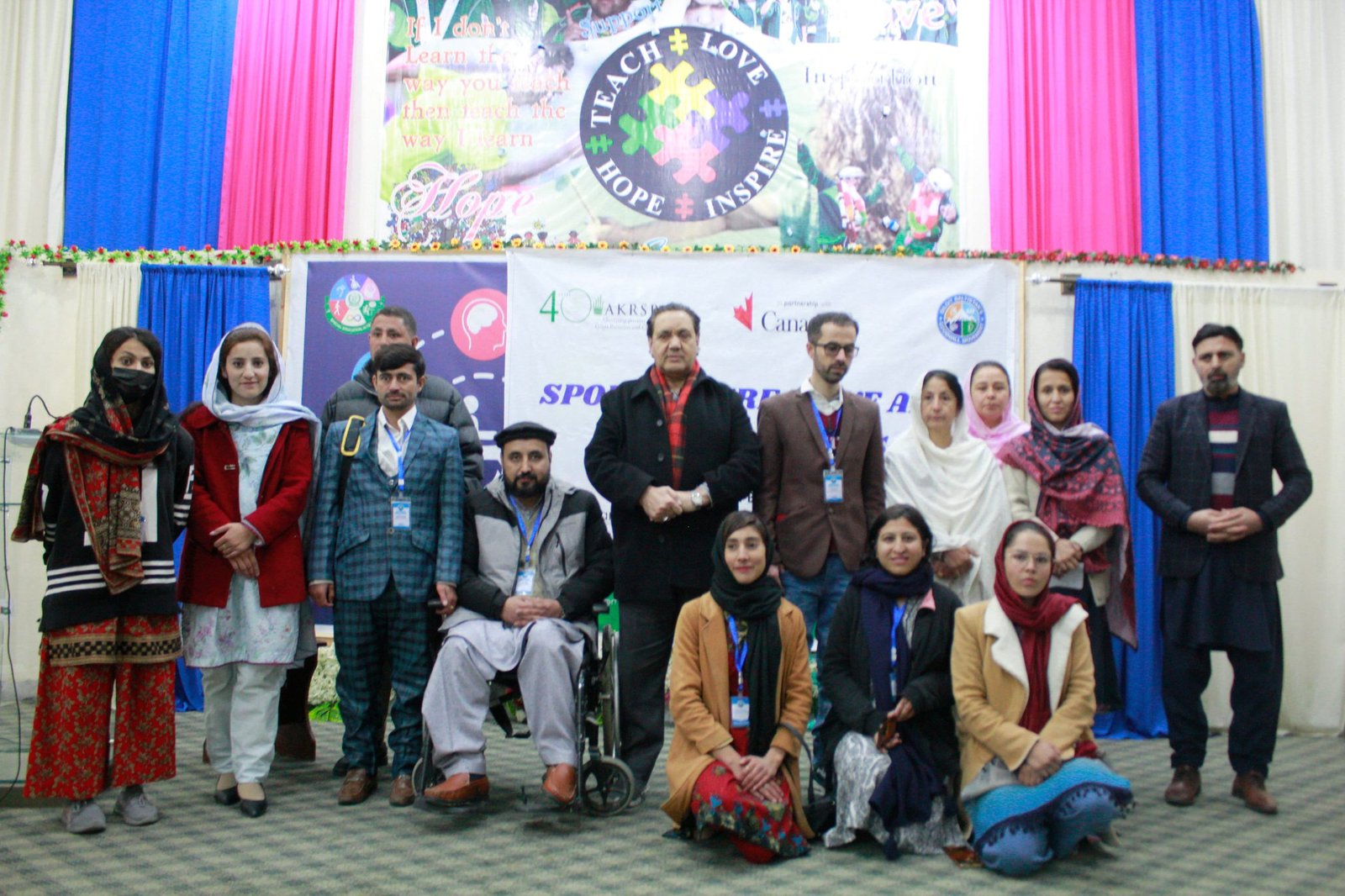Tag: people with disabilities
Facts versus Social Misconceptions
- Misconceptions about disabilities can indeed perpetuate discrimination and hinder social inclusion. In South Asia, where cultural norms and awareness levels vary, addressing these misconceptions becomes even more critical. Some reading this article may have these misconceptions, but as a DPO we have to raise awareness of personal individual development in Gilgit Baltistan.
- Presenting here are the misconceptions with facts. Some of the headings are loosely translated from Urdu to English.
Poor fellow can not read or write or listen
- The typical social discourse when anyone sees a disabled person is that they are not able to read or write.
- Remember that stereotypes are not always accurate representations of individuals or the complex realities of the modern world.
Consider the cases of Shah Zuhaib, Muhammad Rafi and Mustafa Kamal, who belong to the Ghizer and Diamer regions of Gilgit Baltistan.
Shah Zuhaib, the individual next to Farhan and Ali Ahmed has now joined KIU and has started taking Speical Education classes which in turn will help shape future policy of the Speical Education Dept in KIU campuses across Gilgit Baltistan.
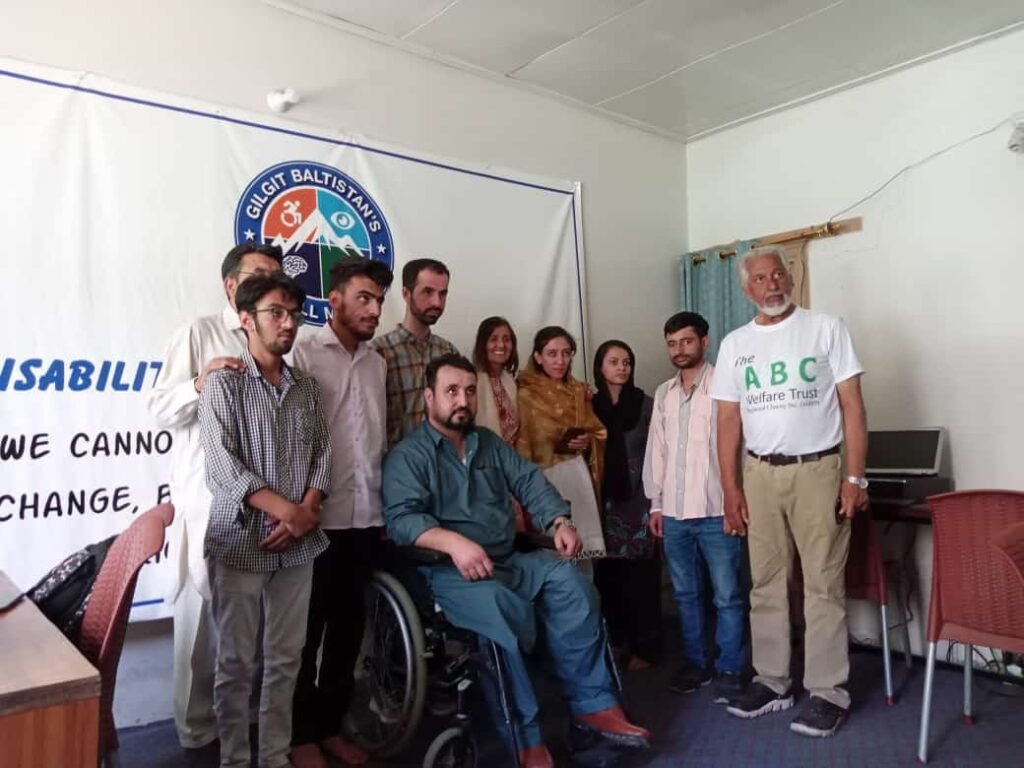
Muhammad Rafi seen in the image below is now close to graduating in Sociology due to Goodwill Skills. Dr Zubair then HOD Sociology at KIU Praised the efforts of Gilgit Baltistan’s Goodwill Movement in not just motivating Rafi but also developing a pathway for the new batch of disabled students in KIU Gilgit Campus.

Mustafa Kamal has joined our Goodwill team (seen below), advancing the rights of disabled persons across Gilgit Baltistan. He is dedicated to Goodwill and particularly to the Ghizer region where he wants further development for PWDs.

What about women – Surely Disabled women are excluded from your project
The short anwser is no. Disabled women get equal treatment as disabled men in the centre. As a matter of fact our two female students, Khushan and Mehnaz have graduated from the centre and have found opporunities in freelancing and the Speical Education Complex of Gilgit Baltistan.

Breaking barriers
Media portrayals of disabled individuals have frequently perpetuated negative stereotypes. This phenomenon, often described as psychological warfare, effectively ‘others’ persons with disabilities, marginalizing them and reinforcing societal prejudices. Such portrayals can lead to the internalization of negative self-images among disabled individuals and perpetuate a cycle of discrimination and exclusion.
Notably, writers like Edward Said and David Arnold have extensively explored the concept of orientalism in India, highlighting how Western narratives have historically constructed the East as the ‘Other.’ Similarly, the representation of disabled individuals in media often follows a pattern of ‘othering,’ where they are depicted as pitiable, dependent, or even as villains, rather than as complex, multifaceted individuals.
The crippled, the dumb, and the mute are often reduced to their disabilities, with their identities and stories overshadowed by their physical or mental conditions. This reductionist view strips them of their humanity and individuality, making it difficult for society to see them as equals. Instead of being portrayed as active participants in their own lives, they are often shown as passive recipients of charity or as burdens on society.
Media portrayals of disabled individuals have often perpetuated negative stereotypes, contributing to a cycle of discrimination and exclusion. These portrayals reduce complex, multifaceted individuals to their disabilities, overshadowing their identities and stories. Instead of being active participants in their lives, disabled individuals are often depicted as passive recipients of charity or burdens on society.
Regarding charity, it symbolizes self-fulfillment when communities or individuals provide for basic needs like food, rations, or medical expenses. However, it often doesn’t extend beyond immediate necessities.
Our Way
Perhaps we should consider an alternative approach: empowering the disabled community to become stakeholders within society. Research shows that disabled employees can significantly impact a company’s revenue, with 30% higher net profits and 111% higher overall net income1. It’s time to rethink our perspectives and create more inclusive narratives. Why haven’t we explored this before? 🤔
Inclusive Education Steps in Gilgit Baltistan
In a landmark initiative, the Goodwill Movement and Karakoram International University’s Department of Special Education have come together to form a powerful alliance dedicated to fostering inclusive education and empowerment for individuals with special needs.
This significant partnership was officially marked by the signing of a Memorandum of Understanding (MOU) between President Farhan Baig of the Goodwill Movement and Dr. Qutoshi, the esteemed Head of the Department of Special Education at Karakoram International University. The MOU signifies a mutual commitment to drive forward inclusive education and provide robust support for individuals with special needs.
Areas of Mutual Interest
- Developing Innovative Programs and Resources: By creating new and effective educational programs and resources, the partnership aims to cater specifically to the unique needs of individuals with special needs, ensuring they receive the highest quality of education.
- Enhancing Teacher Training and Capacity Building Through Braille: Recognizing the critical role of teachers in the educational journey, the alliance will work on enhancing teacher training programs. Special emphasis will be placed on training in Braille, equipping educators with the skills necessary to teach students
- Promoting Accessibility and Inclusivity in Education: The partnership will strive to make educational environments more accessible and inclusive, breaking down barriers that individuals with special needs often face. This will involve both physical accessibility improvements and the creation of inclusive curricula and teaching methods.
Together, the Goodwill Movement and Karakoram International University are committed to creating a more inclusive and equitable society where every individual, regardless of their abilities, has the opportunity to thrive and succeed.





Monthly Donations for Gilgit Baltistan Goodwill Movement
We must extend our support and compassion beyond Ramadan to those who face daily challenges due to physical, intellectual, and cognitive disabilities.
We urge you to join us in this mission by making monthly contributions to the Gilgit Baltistan Goodwill Mission (GBGM).
Every monthly donation will be fully allocated to the GBGM and its operations, which aim to improve the lives of disabled individuals in our region.
Our goal is to help disabled individuals achieve self-sufficiency and independence, allowing them to become valued and respected members of society. Through our combined efforts, we can provide them with the resources and opportunities they need to stand on their own and contribute meaningfully to our community.
By committing to monthly donations, you will play a crucial role in sustaining the GBGM’s initiatives and ensuring ongoing support for those in need. Together, we can make a lasting impact and bring positive change to the lives of disabled individuals in Gilgit Baltistan.
To support this fundraiser click here : https://gbgoodwillmovement.com/campaigns/monthly-donations/?donate=1
Students 2024 intake
Exciting News from GB Goodwill Movement!
We are thrilled to announce that admissions are now open for new students
GB Goodwill Movement is dedicated to supporting and empowering special persons through various programs and resources. Our mission is to help them lead fulfilling and independent lives.
• Educational Programs
• Vocational Training
• Community Integration Efforts
• Personalized Support Plans
If you or someone you know could benefit from our services, don’t hesitate to reach out. Together, we can make a difference!
![]() Contact Us:
Contact Us:
Email: goodwillprojectgb@gmail.com
• Phone: 0332 4534565
• Address: GBGM Near ISI HQ, Gilgit
Join us in our journey to create a more inclusive and supportive community.
Share this article to spread the word!
Community leadership stems from the top
To understand what it means to be able or disabled, it’s essential to delve into the definitions and societal implications of these terms. Here’s a comprehensive exploration of the concepts:
Definitions and Societal Implications
Able-bodied: This term refers to individuals who do not have significant physical or mental impairments affecting their daily activities. Able-bodied individuals can typically perform tasks and engage in activities without needing special accommodations or assistance.
Disabled: Being disabled refers to individuals who have physical, mental, or sensory impairments that significantly affect their ability to perform everyday tasks. Disabilities can be visible (such as mobility impairments requiring a wheelchair) or invisible (such as cognitive impairments affecting memory or learning). The concept of disability is not solely about the impairment but also about how society structures its environment and systems, often in ways that do not accommodate people with diverse abilities.
Differentiating Between Able and Disabled
Traditional Perspective: Traditionally, the distinction between able and disabled is based on the presence or absence of impairments that affect a person’s functioning. However, this binary perspective can be limiting.
Modern Understanding: Modern understanding emphasizes a spectrum of abilities and disabilities, recognizing that everyone experiences some form of limitation at different points in their lives. For example, an able-bodied person might temporarily be disabled due to an injury, illness, or aging.
Social Model of Disability: This model argues that disability arises not from the impairment itself but from societal barriers and attitudes. For instance, a person who uses a wheelchair is only ‘disabled’ in environments that lack ramps and elevators. This perspective shifts the focus from the individual’s limitations to the need for societal change and inclusivity.
Able People Experiencing Disability
Even able-bodied individuals can experience limitations akin to those faced by people traditionally labeled as disabled:
Temporary Disabilities: Injury, illness, or aging can result in temporary disabilities. For instance, a broken leg might require someone to use crutches, temporarily limiting their mobility.
Psychological or Emotional Challenges: Able-bodied individuals might face psychological or emotional challenges that impair their functioning in certain contexts, such as anxiety or depression affecting their ability to work or socialize.
Situational Impairments: An able-bodied person might feel ‘disabled’ when traveling to a country where they do not speak the language, facing communication and navigation barriers.
Bridging the Gap
Closing the gap between able-bodied and disabled individuals involves several key strategies:
Community Leadership: Empowering community leadership to take initiative is crucial. Strong community leaders can promote inclusion for persons with disabilities by fostering environments that support diverse needs. This leadership can be within any type of community, not just religious but also social and physical communities.
Inclusion and Accessibility: Creating inclusive environments that accommodate diverse abilities is essential. This can involve:
- Infrastructure: Ensuring public spaces are accessible to all, such as ramps and elevators for mobility impairments.
- Policy: Implementing policies that promote equal opportunities for people with disabilities, such as inclusive hiring practices and anti-discrimination laws.
- Education: Raising awareness and educating the public about disability issues to reduce stigma and promote understanding.
Empowerment Through Inspiration
The poetry of Allama Iqbal serves as an inspirational call to action: “May the darkness of this world disappear through this life of mine. May every place light up with the sparkling light of mine.” These lines underscore the potential for each individual to contribute positively to society and bring about change, highlighting the importance of individual and collective efforts in promoting inclusivity.
Conclusion
Understanding and addressing the distinctions between able and disabled requires a holistic and inclusive approach. By shifting from a binary perspective to one that recognizes a spectrum of abilities, society can better support and value the diverse experiences of all individuals. Empowering community leadership, creating inclusive environments, and fostering understanding are key steps in bridging the gap and promoting a society that values the contributions of everyone, regardless of their physical or mental capabilities.
Top things not to say to a disabled person
Many disabled people are often overlooked, not because of their abilities, but due to judgments based on their voice, facial expressions, or body weight.
Phone calls
I’ve had my fair share of phone calls in which I’ve been referred to as a “dark horse.” This label often stems from the fact that people underestimate disabled people, only fully recognizing their potential or abilities once they see the results of my work. Disabled people do need your help, and it’s not often Rajiv from India or Prince of Nigeria. Often, people do not realise the opportunities they lose because they pre-judge someone.
Solution
Engage in a conversation with them. A disabled person might not be going out of their way to accommodate you because they want to feel normal. Instead, ask for their email address or suggest another solution. You could also ask them to turn on closed captioning, which can be helpful without causing offense.
Do not judge them by their weight or appearance.
It may be the case that some people have health issues requiring sufficient sugar intake. For instance, we had a case in Ghizer where we observed individuals who were malnourished but needed high sugar levels. This condition, known as hypoglycemia, causes low blood sugar and necessitates regular intake of sugar to maintain health.
Do not give them the I will do it later excuse
Most people often resort to the excuse of “I will do it later.” We’ve encountered numerous cases where individuals claim to support disabled people but then use this excuse to delay or avoid taking action. This behavior indicates a lack of genuine commitment and can be seen as a form of neglect or abuse behind their backs. By consistently postponing help or support, these individuals fail to acknowledge the immediate needs of disabled people, effectively undermining their well-being and showing a disregard for their circumstances.
This pattern of behavior not only erodes trust but also perpetuates the challenges faced by disabled individuals who rely on timely assistance and support.
Solution
write a nice email to a disabled person, explaining your own circumstances. I wanted to reach out and share a bit about my own circumstances and to understand yours better. Recently, I have been reflecting on the importance of clear and respectful communication, especially when it comes to understanding each other’s unique needs and challenges. That way the disabled person knows you are on their to do list, and will approach them in the future if needs be.
Conclusion
In conclusion, it’s crucial to approach conversations with disabled individuals with sensitivity and respect. Avoid making assumptions about their abilities, and refrain from saying things that may come across as dismissive or patronizing. Phrases like “You don’t look disabled” or “You’re so brave” can be harmful, even if well-intentioned. Instead, focus on listening, understanding, and treating them with the same dignity and respect you would offer anyone else. By being mindful of our words, we can create a more inclusive and supportive environment for everyone.
Skills Development Training 1st Cohort
We are thrilled to announce that today, we have successfully completed the training of the 1st Cohort of Students at the Goodwill Centre. This achievement marks a significant milestone in our commitment to providing quality education and skill development to our community.
Over the course of the training program, our students have shown remarkable dedication and enthusiasm, gaining valuable knowledge and skills that will empower them to achieve their goals. We are incredibly proud of their hard work and progress.
We would like to extend our heartfelt thanks to our dedicated trainers, staff, and supporters who have made this program possible. Your contributions and support have been invaluable in making this vision a reality.
As we celebrate this accomplishment, we look forward to continuing our mission of education and empowerment with future cohorts. Together, we are building a brighter future for all.
Success stories
Some of the students have already secured employment, starting promising new careers in their respective fields and some have decided to stay at Goodwill to help us. Others have chosen to further their education, enrolling in advanced courses and programs to deepen their knowledge and enhance their skills. Their success is a testament to the effectiveness of the training program and their personal commitment to growth and development.
Whats next
We are excited to announce that we are now opening enrollment for new students. This is an excellent opportunity for individuals who are eager to gain valuable skills and knowledge that can transform their futures. By joining our training programs, new students will have access to a range of resources, experienced instructors, and a supportive learning environment. We encourage all prospective students to apply and take the first step towards a brighter and more successful future.
Meeting with Force Commander Northern Areas
His Excellency Major General Kashif Khalil, Force Commander Northern Areas, recently held a round table discussion with the team from the Gilgit Baltistan Goodwill Movement, focusing on the pressing issues faced by persons with disabilities in the region. The meeting aimed to foster a collaborative environment where stakeholders could openly discuss challenges and strategize potential solutions to improve the quality of life for disabled individuals in Gilgit Baltistan.
During the discussion, the Force Commander expressed his commitment to addressing the unique needs and concerns of the disabled community. He emphasized the importance of inclusivity and the need for comprehensive policies that ensure equal opportunities for all citizens, regardless of their physical or mental abilities.
The Gilgit Baltistan Goodwill Movement team highlighted several key issues, including the lack of accessible infrastructure, limited healthcare services, and the need for better educational and employment opportunities for persons with disabilities. They also discussed the social stigmas that often hinder the full participation of disabled individuals in society.
In response, the Force Commander assured the team of his support in advocating for policy changes and resource allocation to address these issues.
The round table discussion concluded with a renewed commitment from all parties to work together towards creating a more inclusive and supportive environment for persons with disabilities in Gilgit Baltistan.
The Force Commander’s proactive engagement and the collaborative efforts of the Gilgit Baltistan Goodwill Movement set a promising foundation for future initiatives aimed at empowering the disabled community.
His leadership and dedication to this cause highlight the crucial role of the Force Commander in promoting social welfare and development in the Northern Areas.

